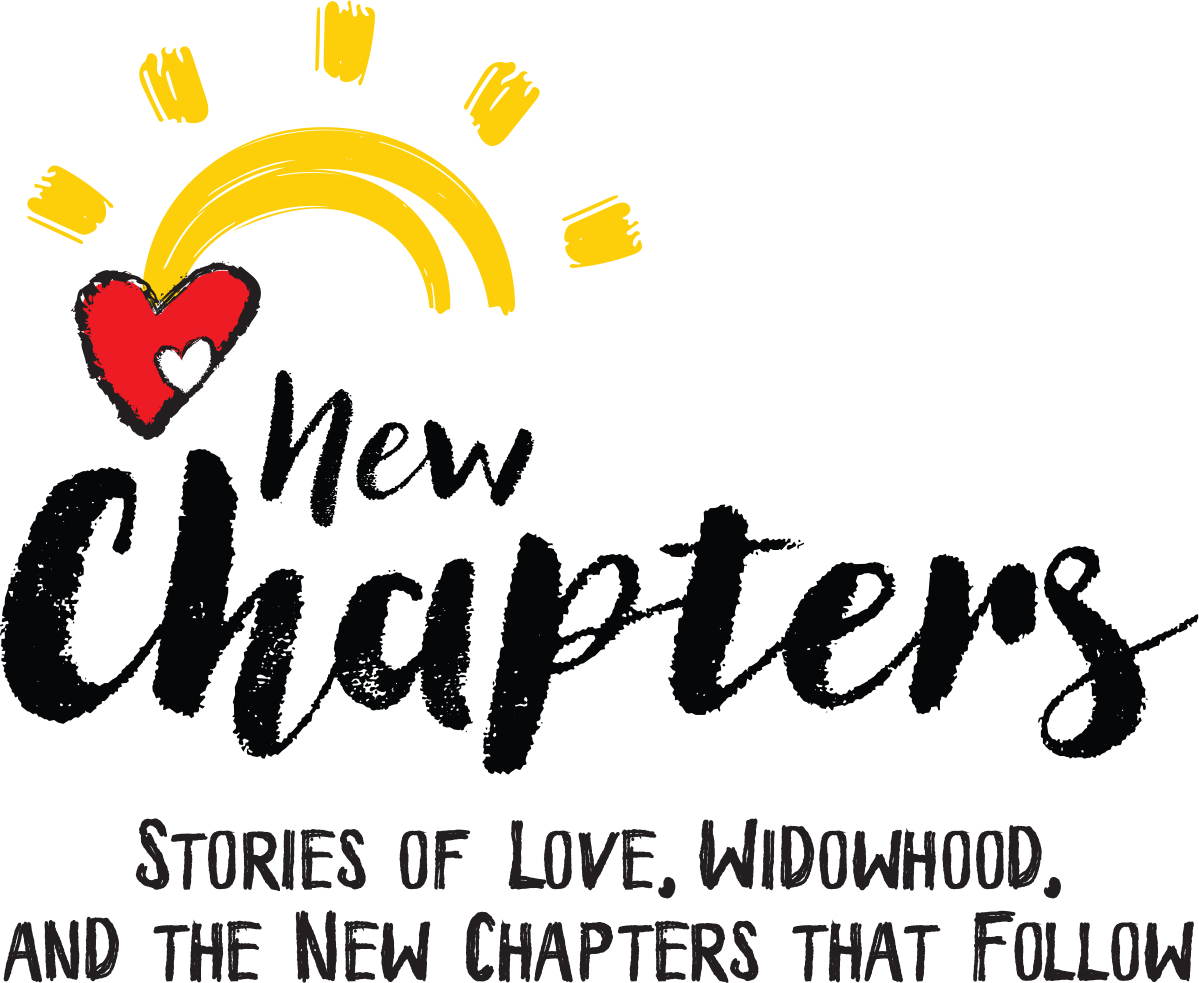The Art Of The Obit
Obituary writing is an intimate, artful, and sometimes tricky form of storytelling. A proper obituary should provide an accurate and positive representation of someone’s life in order to create a complete picture of who that person was and how they lived.
North Carolina-based writer Hannah Sentenac regularly and gently navigates through the emotional landscape that is traversed by grieving families and friends as they absorb the passing of a loved one. Her kind mission is to properly preserve a person’s legacy. That’s what a professional obituary writer does.
Hannah, who has a fulltime writing career, added this distinctive genre to her menu of specialties by gifting obituaries to friends who were experiencing the death of their beloved pets, events that are often tremendously emotional. So well-received were her tributes to pets, Hannah expanded her scope of work by writing obituaries for people, knowing both pet and human families were grieving equally.
“It’s really a gift to be able tell someone’s life story because that’s how they are going to be remembered forever, including by people who didn’t get a chance to know them,” she explains, characterizing traditional obituaries as often being nothing more than a “standard recitation of facts.’
Historically, obituaries were published in newspapers based on information included on forms completed by family members providing basic information about the deceased. While she also uses a brief introductory form, Hannah relies more on the delicately probing conversations she has with family members and friends who provide the details about what made their loved one special and how they should be remembered.
“It’s really a gift to be able to tell
someone’s life story…”
According to Beyond the Dash, a website designed to help the inexperienced write obituaries, basic death notices go back as far as 59 BC. Full-blown obituaries began to flourish with the advent of Gutenberg’s printing press and newspapers, which published obituaries of high-profile people along with death notices of common citizens.
The New York Times is well-known for its compelling obituary section of profiles chosen and written by staff journalists. Again, it’s a special service and it’s expensive. Today, however, the nation’s ailing newspaper industry rarely offers free space for obituaries, instead charging pricey fees which can be financially out of reach depending on the final word count.
Today, as proven by Hannah’s success, fuller, richer life chronicles that include unique detail and color about the individual’s life, are becoming more popular. Additionally, the ease, opportunity and breadth of social media platforms make it possible for these stories to be distributed broadly and specifically making the hiring a professional writer an even more positive experience during such a difficult time. Families are also able to receive and enjoy feedback from those who read the stories.
Hannah says there aren’t many professional obituary writers, but she predicts that as more people become aware of the service it will become a more common practice. Hannah is easy to find through a Google search.
The fundamental artistry of her work comes from her sensibilities as she listens to what families seek in terms of context and personality in the telling of their loved one’s life. While she gathers essential facts, the heart and soul of her work comes from what she learns from friends and family. “Sometimes I talk to multiple family members. Everything depends on the situation and what they prefer.” What makes these life stories compelling is that those who cared for the deceased communicate what the person went through, how they overcame challenges, what made them fun, interesting and loved – the same features that make a book or movie compelling.
She avoids writing obituaries with humor saying those are best left to close friends and family of the deceased. Humor can be a misfire if not handled correctly. The most difficult obituaries to write, she shares, are those of the very young. “That’s a whole other kind of grief for the family and I’m working to capture a much shorter life,” with an especially high level of emotion.
Sometimes Hannah is surprised. “Every person is different. Obviously, I write positive life stories, but I also acknowledge what the family wants – sometimes someone struggled with a challenge in their life, like addiction issues or mental health. Those can definitely be included. It’s really about shining a light on what made them special in the eyes of their loved ones. That’s what I really try to get at. It’s about the details and the specifics, not the general stuff.”
As a communications professional, Hannah notes that obituaries are no simple task. But using a writer is just one more thing the family doesn’t have to worry about during such difficult days. As for Hannah, it provides a higher level of meaning to her work. “It’s the way the person will be remembered, something the family can have forever. That’s so rewarding.”
Creating a legacy by writing on behalf of someone whose life has ended is incredibly gratifying. Hannah says that the final version may not be exactly as she intended or envisioned, but it should be what the family wants. “I’ve gotten lots of great feedback over the years from people. That’s why I do it really.”


